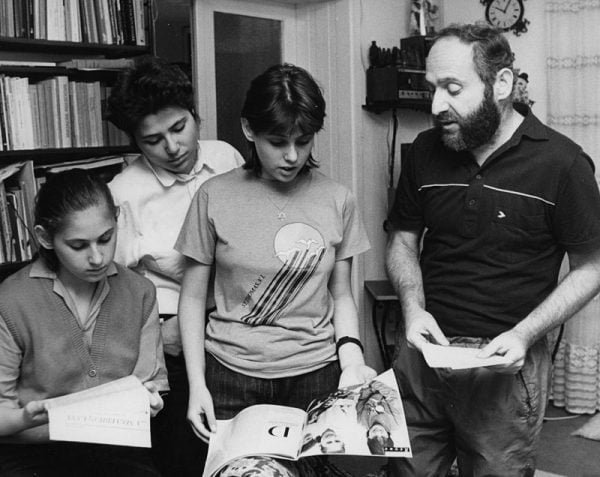Is genius innate, or can any child become a genius with the right education?
László Polgár, renowned for raising three chess prodigies who all became grandmasters at the age between 15 and 16, believes that with dedicated effort, any child can reach extraordinary heights.
In his book, “Bring Up Genius!“, he shares his unconventional approach to nurturing genius in children with 5 key steps.
Step 1) Start Early:
The journey to genius begins early. Polgár suggests beginning education by age three and specialization by age six, encouraging parents to start training earlier than conventional early childhood education.
Step 2) Specialize
Focus is key. Although the Polgar sisters did learn languages, mathematics, sports, and other fundamental subjects, their focus was on chess.
Polgár’s daughters honed their skills in chess from as early as age four or five, dedicating five to six hours daily to the game. Specialization allows children to achieve proficiency at a younger age, fostering confidence and a competitive spirit.
Step 3) Practice into Play
Learning should be fun. Polgár introduced all subjects as forms of play, encouraging his daughters to explore solutions without fear of punishment. By keeping learning enjoyable, children develop the self-confidence and drive necessary for serious endeavors later on.
Step 4) Create Positive Reinforcement
Success breeds motivation. Polgár carefully crafted positive experiences, adjusting gameplay to challenge his daughters while ensuring they enjoyed the process. Positive feedback loops were essential to nurturing their passion and dedication to continuing improvement.
Step 5) Self-Educate
Empower independence. Polgár emphasized self-discipline and motivation, believing that genuine learning stems from within. By teaching his daughters to educate themselves, he instilled a lifelong love for learning and mastery.
One thing to be noted is that Polgár decided to home-school his children because he did not believe that our generalized school system could be successful in anything else but to produce mediocrity.
Polgár’s approach to homeschooling underscores the belief that traditional education systems may stifle rather than nurture exceptional talent. Through relentless dedication, Polgár and his wife provided their daughters with every opportunity for growth, cultivating an environment conducive to excellence at early age of their children.
While homeschooling offers flexibility for personalized education, parents of public school attendees can still foster exceptional talent. However, extraordinary outcomes require active parental involvement, intensive practice, positive reinforcement, and a playful approach to learning.
To unlock your child’s full potential, embrace Polgár’s principles of early education, specialization, playful learning, positive reinforcement, and self-directed learning. With dedication and support, every child has the potential for greatness.
Happy learning as always.





